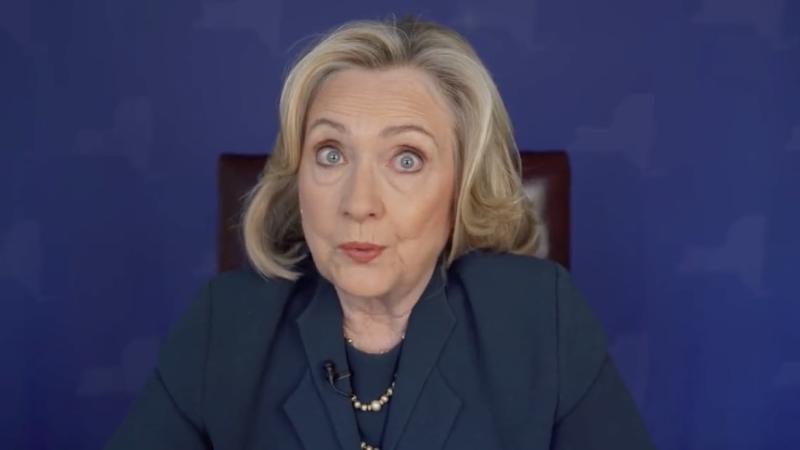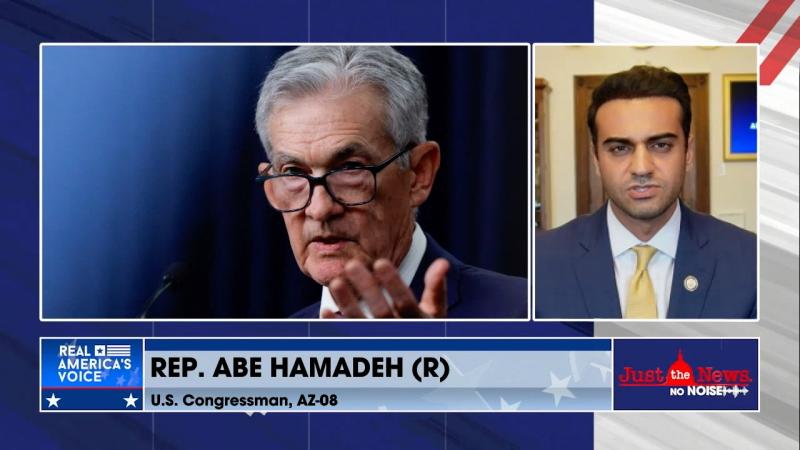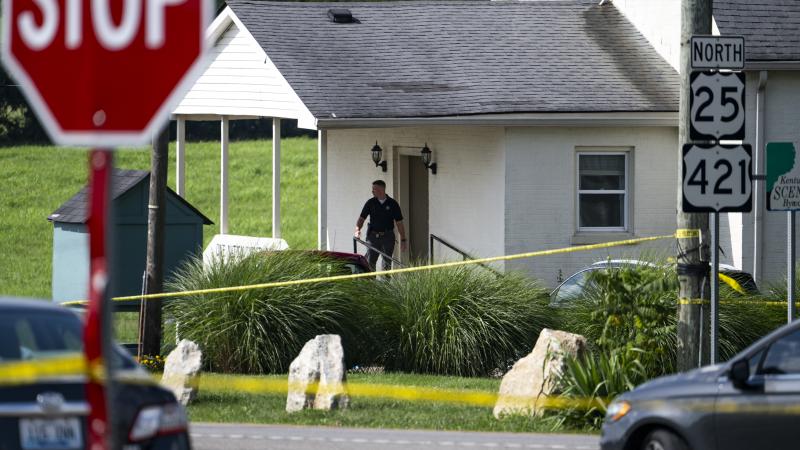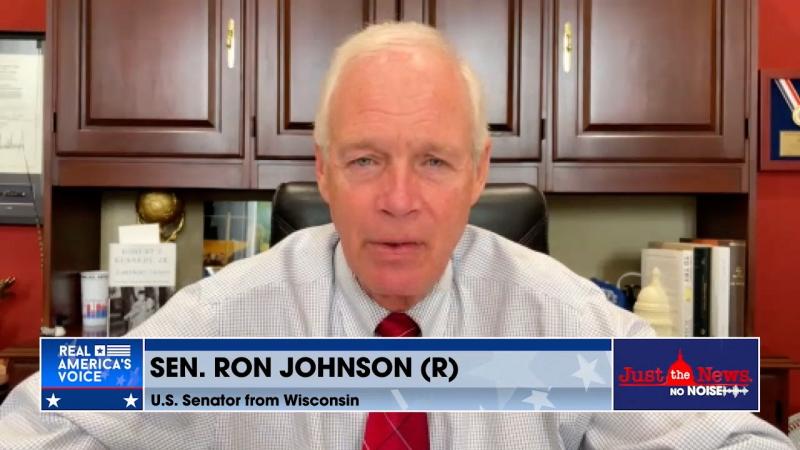First Trump declassified Russia document: Christopher Steele's 2017 confession to the FBI
Steele told FBI he leaked Russia collusion story to help Clinton and Great Britain, and was connected to his primary dossier source by former NSC staffer and impeachment witness Fiona Hill.
Dossier author Christopher Steele admitted to the FBI that he leaked the Russia collusion story during the height of the 2016 election to help Hillary Clinton overcome her lingering email scandal and because he believed Donald Trump's election would be bad for U.S. relations with his home country of Britain, according to documents declassified by the president in his final full day in office.
The FBI report of an interview agents conducted with Steele in September 2017, nearly a year after he had been terminated as an informant, provided explosive information about his motives in working simultaneously for the FBI and the opposition research firm for Clinton's campaign. The document was obtained by Just the News and at times reads like a confession from the now-infamous former MI6 agent and author of the anti-Trump dossier.
Steele told agents that then-FBI Director James Comey's decision to reopen the Clinton email investigation in fall of 2016 became his tipping point for leaking the anti-Trump collusion research that his company Orbis Intelligence had gathered and given to the FBI.
"STEELE explained that as the election season went on, they as a company were riding two horses — their client and the FBI — and after FBI Director James Comey's reopening of the Hillary Clinton investigation, they had to pick one horse and chose the business client relationship over the relationship with the FBI," the interview report stated.
"They followed what their client wanted, and they spoke to the press," the report noted.
You can read the full interview report here.
You can read the notes of the interview here,
Steele and his partner Christopher Burrows even suggested the FBI deserved some of the blame for the decision to leak to the news media and Sen. John McCain's office.
"STEELE and BURROWS described the overall situation as being one where it was 'your [FBI] fault' and 'our fault,'" the memo reported, adding that Burrows was also upset the FBI had not paid Steele for his anti-Trump work.
The two British citizens told the FBI that concerns about the impact of a Trump presidency also motivated them.
"STEELE and BURROWS described President TRUMP as their 'main opponent' and indicated that they were fearful about how Trump's presidency negatively impacted the historical US-UK alliance and the US-UK special relationship," the memo stated.
The 26-page report also discussed in detail Steele's reliance on his primary sub-source, an Eastern-Europe-born academic who had worked at the U.S. liberal think tank the Brookings Institution.
The FBI recently released documents showing that the sub-source had been the focus of an FBI counterintelligence probe back in 2009-11 and that the bureau assessed he had posed a possible national security threat to the U.S. and had Russian intelligence.
The FBI was seeking to obtain a FISA warrant against the man when he fled the U.S., causing the FBI to close down its probe.
The most explosive revelation about the sub-source in the newly declassified documents was that former Trump National Security Council Russia expert Fiona Hill, an impeachment witness in 2019 against Trump, had introduced Steele to his sub-source in 2011, well after the FBI had opened up its probe on the source.
"The primary sub-source was introduced to STEELE and ORBIS by FIONA HILL in or around 2011," the report stated. "… Emphasizing the sensitivity, STEELE explained that Hill now worked for the National Security Council. HILL has a very high opinion of the primary sub-source."
Steele said he later told Hill the sub-source she had introduced to him had contributed to the dossier.
"STEELE said FIONA HILL knows that the primary sub-source was involved in the dossier," the report noted, describing how Steele went to Hill in early 2017 because he became worried about the sub-source's safety.
















